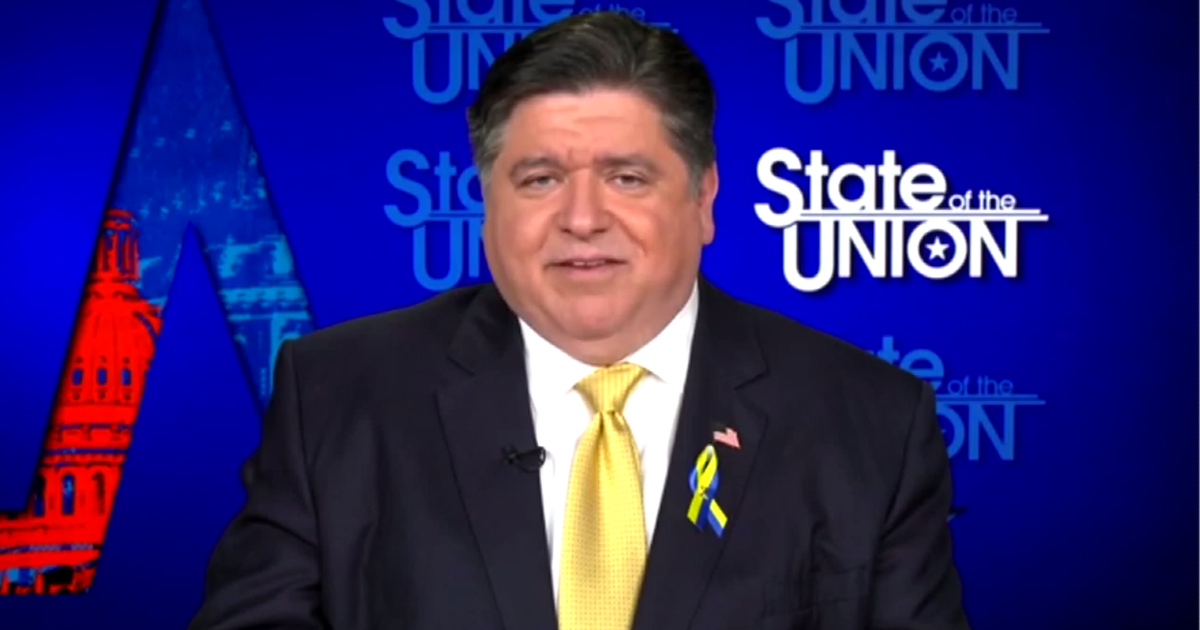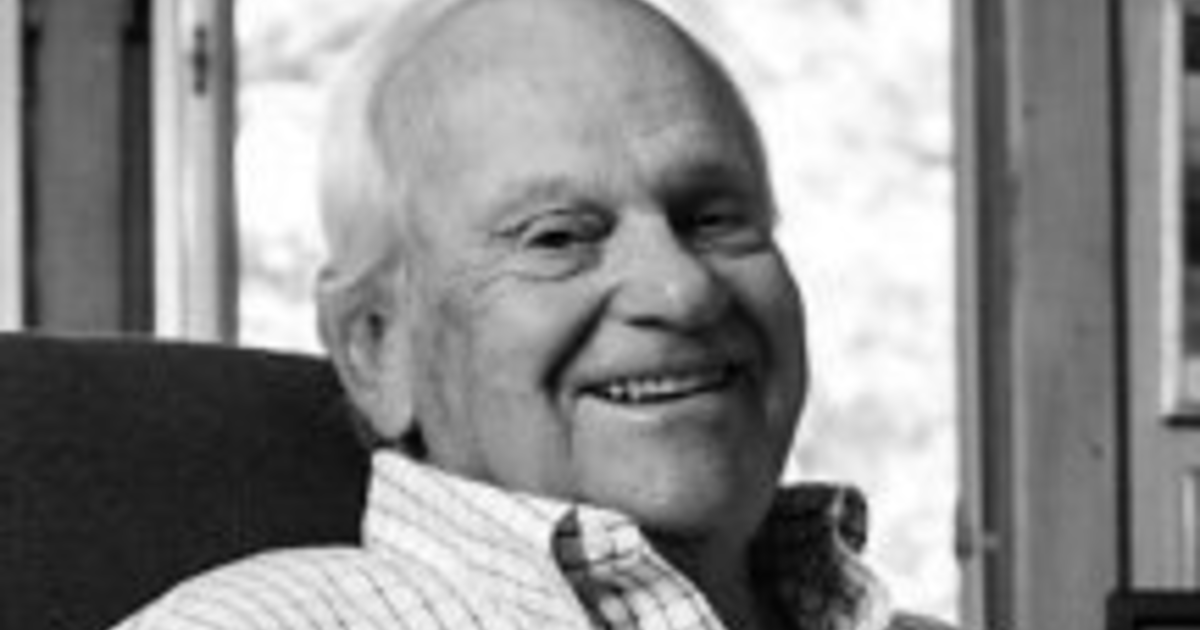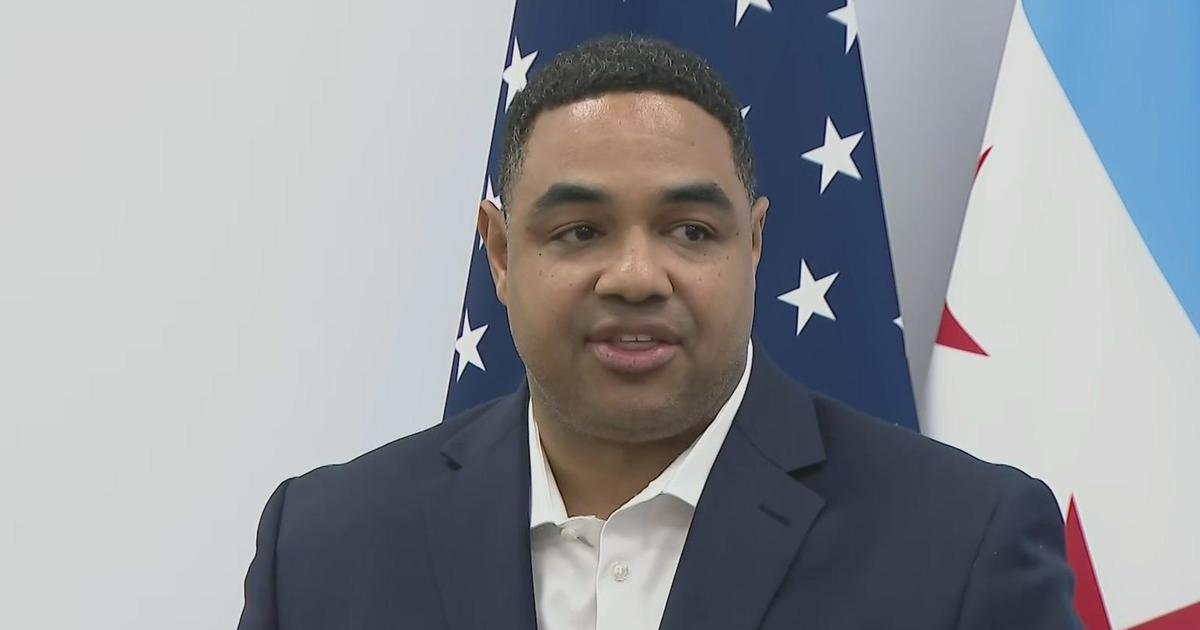Full Appeals Court Won't Take Up Blagojevich Case
CHICAGO (CBS) -- The full 7th U.S. Circuit Court of Appeals has rejected former Gov. Rod Blagojevich's request to rehear the appeal of his corruption convictions.
After a three-judge panel of the court tossed five of his 18 convictions, but allowed the other 13 to stand, Blagojevich asked the full court to hear the case. All seven judges on the court denied the request, leaving the U.S. Supreme Court as Blagojevich's only hope of overturning his convictions.
The judges did not explain why they rejected Blagojevich's request, but it's very rare for the full 7th Circuit to agree to rehear an appeal.
"We are disappointed that this decision by the three-judge panel of the 7th Circuit will not get a hearing by the full Court of Appeals. We believe the decision is flawed and puts every public official, who must raise campaign funds to stay in office and to be effective, at the mercy of an ambitious or politically-motivated federal prosecutor," said Blagojevich attorney Leonard Goodman. "But we remain hopeful that we will prevail in the end because the decision is in conflict with established legal precedent which has existed for more than 20 years. Now we will appeal to the U.S. Supreme Court."
Former federal prosecutor Patrick Cotter said it's rare when the full 7th Circuit agrees to rehear an appeal, and he doesn't believe Blagojevich will fare better in appealing to the Supreme Court.
"Practically speaking, he doesn't have any shot before the United States Supreme Court; I mean, as a practical matter," he said.
Podcast
Blagojevich, 58, is serving a 14-year prison sentence in Colorado.
Although a three-judge panel of the 7th Circuit had thrown out five convictions tied to allegations Blagojevich tried to sell or trade an appointment to President Barack Obama's Senate seat, it allowed 13 other convictions to stand, including 11 tied to the Senate seat allegations. It ordered Blagojevich to be resentenced, in light of the overturned convictions.
Cotter said Blagojevich might have luck getting his sentence reduced by U.S. District Judge James Zagel, because some of the former governor's convictions have been tossed.
"I think the judge might feel that some adjustment was appropriate, given the appellate ruling, but the appellate ruling also went out of its way to say that they felt that the original sentence was more than justified by the convictions that were upheld," Cotter said.
While the appeals court ordered a new trial on the five charges that were tossed out, the judges also said prosecutors could drop those charges and proceed directly to resentencing.
Blagojevich had sought to have his entire conviction thrown out, arguing there was insufficient evidence, but the appeals court called that argument "frivolous."
"The evidence, much of it from Blagojevich's own mouth, is overwhelming. To the extent there are factual disputes, the jury was entitled to credit the prosecution's evidence and to find that Blagojevich acted with the knowledge required for conviction," the court wrote.
Specifically, the judges rejected Blagojevich's argument that he should not have been convicted of a crime because none of the charges alleged an explicit quid pro quo exchange of one thing for another.
"The statute does not have a magic-words requirement. Few politicians say, on or off the record, 'I will exchange official act X for payment Y.' Similarly per-sons who conspire to rob banks or distribute drugs do not propose or sign contracts in the statutory language. 'Nudge, nudge, wink, wink, you know what I mean' can amount to extortion under the Hobbs Act, just as it can furnish the gist of a Monty Python sketch," the judges wrote.
The three judges said the determining factor was money. They said Blagojevich crossed the line into illegality when he sought cash for naming someone to Obama's old Senate seat or in exchange for other official gubernatorial action. But they said he didn't cross the line by asking for a Cabinet seat for himself. Secretly trading favors based on politicians' executive powers is legal and is a legitimate mechanism for getting things done for constituents, they concluded.
Some critics have said the opinion went too far in declaring back-room deals legal.



